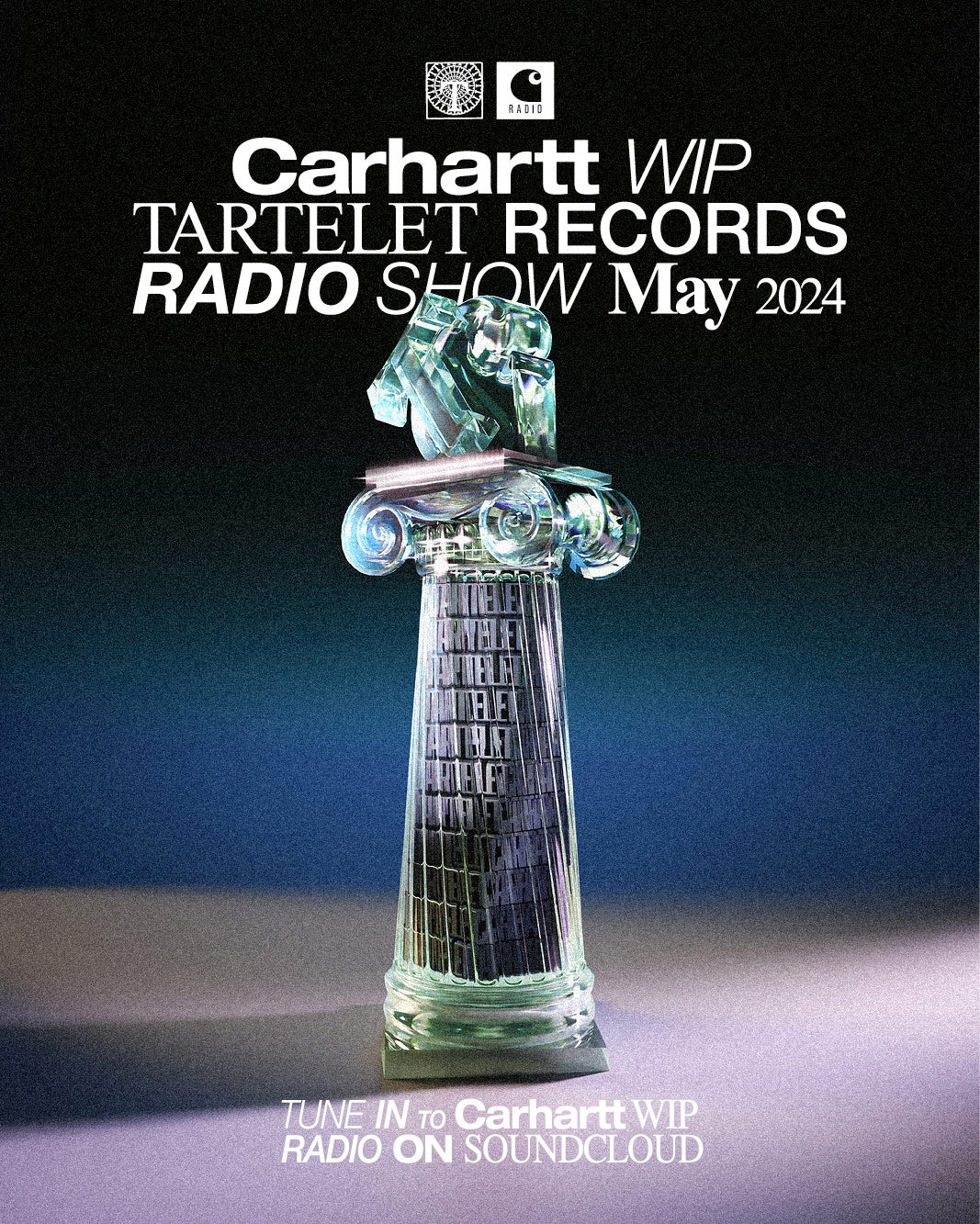Label Feature: Tartelet Records
Click here to listen to the Carhartt WIP Radio Show featuring Tartelet Records.
“Eclectic,” says Emil Nyholm, when asked to sum up the label Tartelet Records. “We like to explore and we get easily bored.” The Copenhagen label’s caliber of releases underpins his statement, spanning house, trance, soul, funk and dub.
The label was co-founded in 2007 by producer Tomas Barfod and renowned chef Frederik Bille Brahe, launched off the back of an event series titled Yohad. It wasn’t until a few years later, however, that friend Emil Nyholm took over operations and steered the label into a new chapter, solidified by a move to Berlin where he met producers Max Graef, Glenn Astro, and Wayne Snow. “It was pretty slow at first but when I met Max [Graef] in 2013 and we released his debut album a year later, things really started to take off,” he says.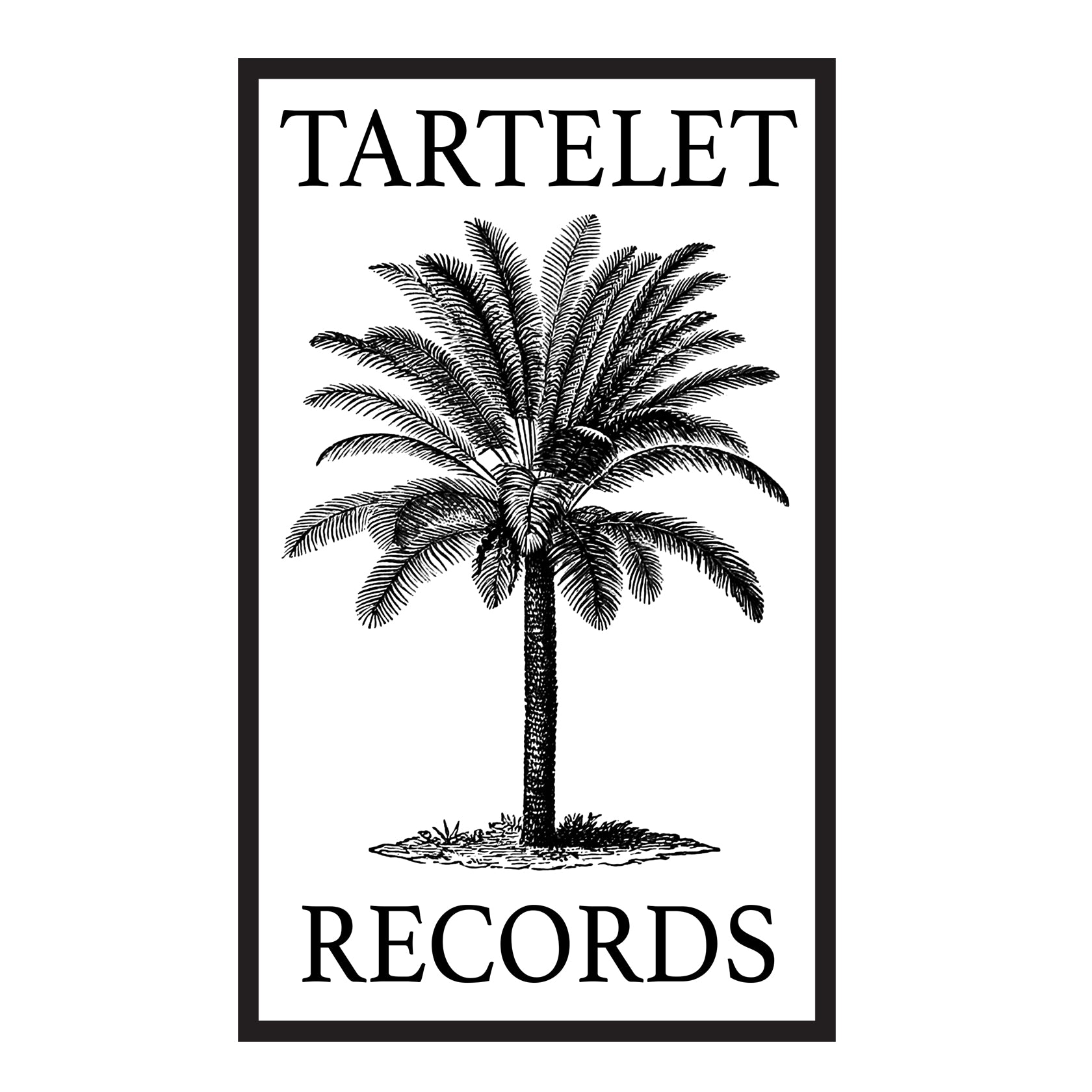
In over seventeen years, Tartelet Records has released music from Danish and international acts alike, such as the German collective Brandt Brauer Frick, Copenhagen duo Kenton Slash Demon, and Oakland producer Space Ghost.
The mix Nyholm created for this episode of Carhartt WIP Radio is just as varied, covering everything from ambient and shoegaze to hip-hop and tech house, with new releases from the likes of Zopelar and Nelson of the East, as well as tracks from the archive by ABUNAI or Doc Sleep. “It’s wide ranging and maybe slightly confusing,” Nyholm says. “Just like our catalog.”
As ever, the mix is accompanied by an interview with Nyholm, who discusses how the financial crash in 2008 led him to take over Tartelet Records, what he looks for in an artist, and how arbitrary it is to predict a record’s success.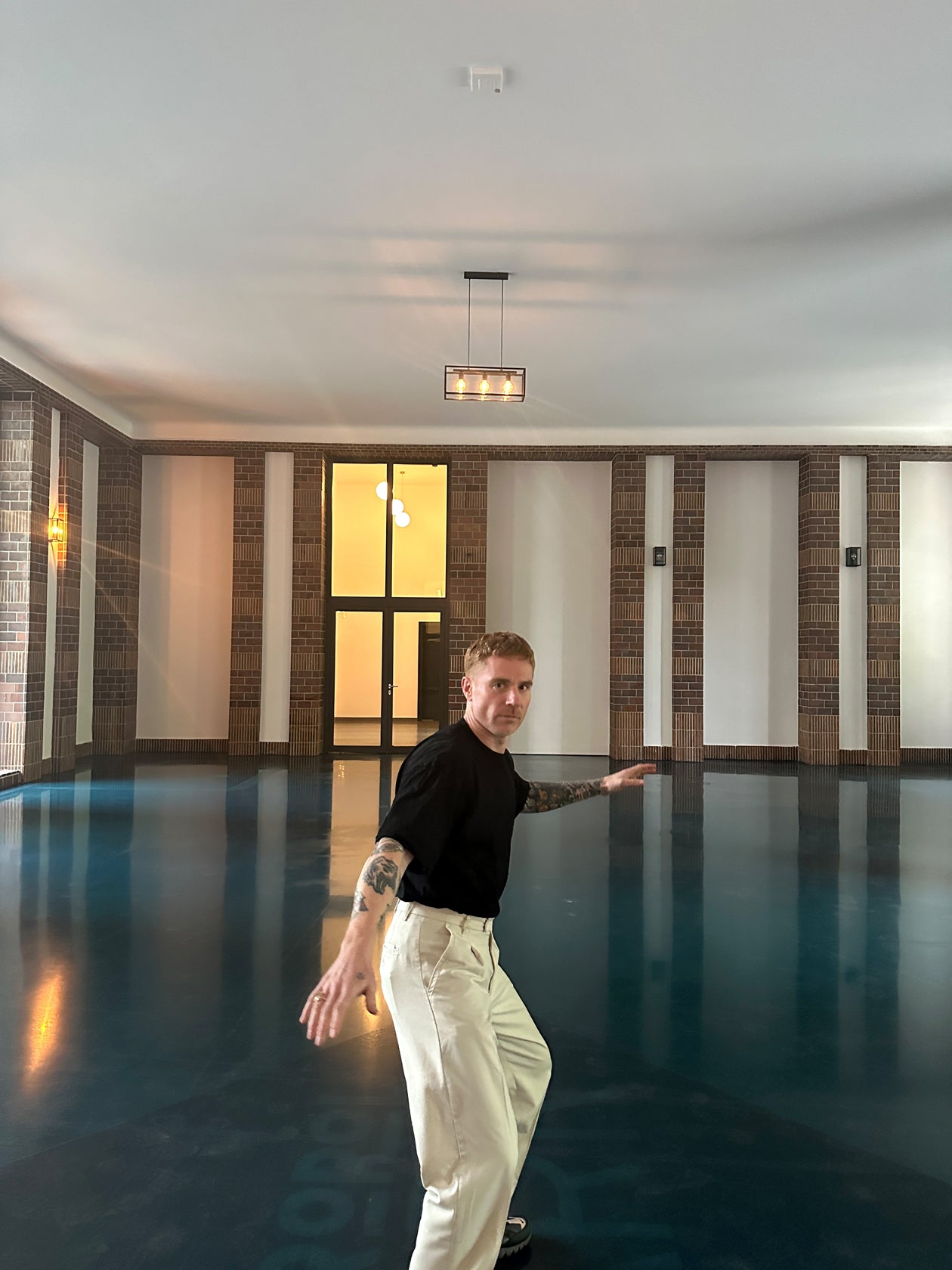
Can you talk to us through your background? What have been some pivotal moments in your life that have led you to what you do now?
Emil Nyholm: Music has always been my thing – from breakdancing in kindergarten to playing in cringey school bands and eventually, bedroom DJing when I was in high school, around 1999. Music has been a hobby as long as I can remember but I never thought it would turn into a career.
Around the time of the financial crisis in 2007/2008, I worked in advertising and DJed on the weekends. Some friends of mine, Fredski [Frederik Bille Brahe] and Tomas [Barfod], had just started Tartelet mostly for fun and to have an outlet for their wacky productions. When the crisis hit, I got laid off and found myself with all this time on my hands, not knowing what to do with it. I offered to help out with Tartelet and quickly became an integral part of the operations. Within a year or two, Tomas decided to leave and Fredski got increasingly busy with his restaurant, which led to me slowly taking over the label. It wasn’t planned, it just happened.
Then, in 2011 I moved to Berlin and that was a pivotal moment, because it led to me meeting Max Graef, Glenn Astro, and Wayne Snow. It was pretty slow at first but when I met Max in 2013 and we released his debut album a year later, things really started to take off. I often wonder whether I would have stuck with the label if it weren’t for the success of that album. I was dirt poor during those years, it wasn’t sustainable, but there are precious memories nonetheless.
Do you still remember your first musical memory?
Emil Nyholm: I don’t but I grew up in a very musical home with a huge record collection which I was always curious to explore. I think the penny dropped when I realized that all my favorite hip-hop tunes originated from albums we had on the shelf at home. Music definitely had a major impact on my life from a very young age and it gave me a sense of belonging.
What was the reason for launching Tartelet Records in 2007?
Emil Nyholm: I didn’t start the label, but it was launched off the back of a notorious party series in Copenhagen called Yohad. The guys just wanted a place to release their own and friends’ music. On a wild night out, our friend Silas Soulland [who runs the brand Soulland] came up with the name Tartelet and that was it. He also designed the first logo and all the early merch.
Do you have any role models, inspirations, or benchmarks for the creative work you do?
Emil Nyholm: That’s a hard one. I find inspiration in many things, not just music – but music definitely inspires me. I love reading about music history and am always inspired by people who come from humble beginnings and go on to become pioneers. Or people that are just crazy talented at something; music, art, cooking or whatever – I find that all very fascinating.
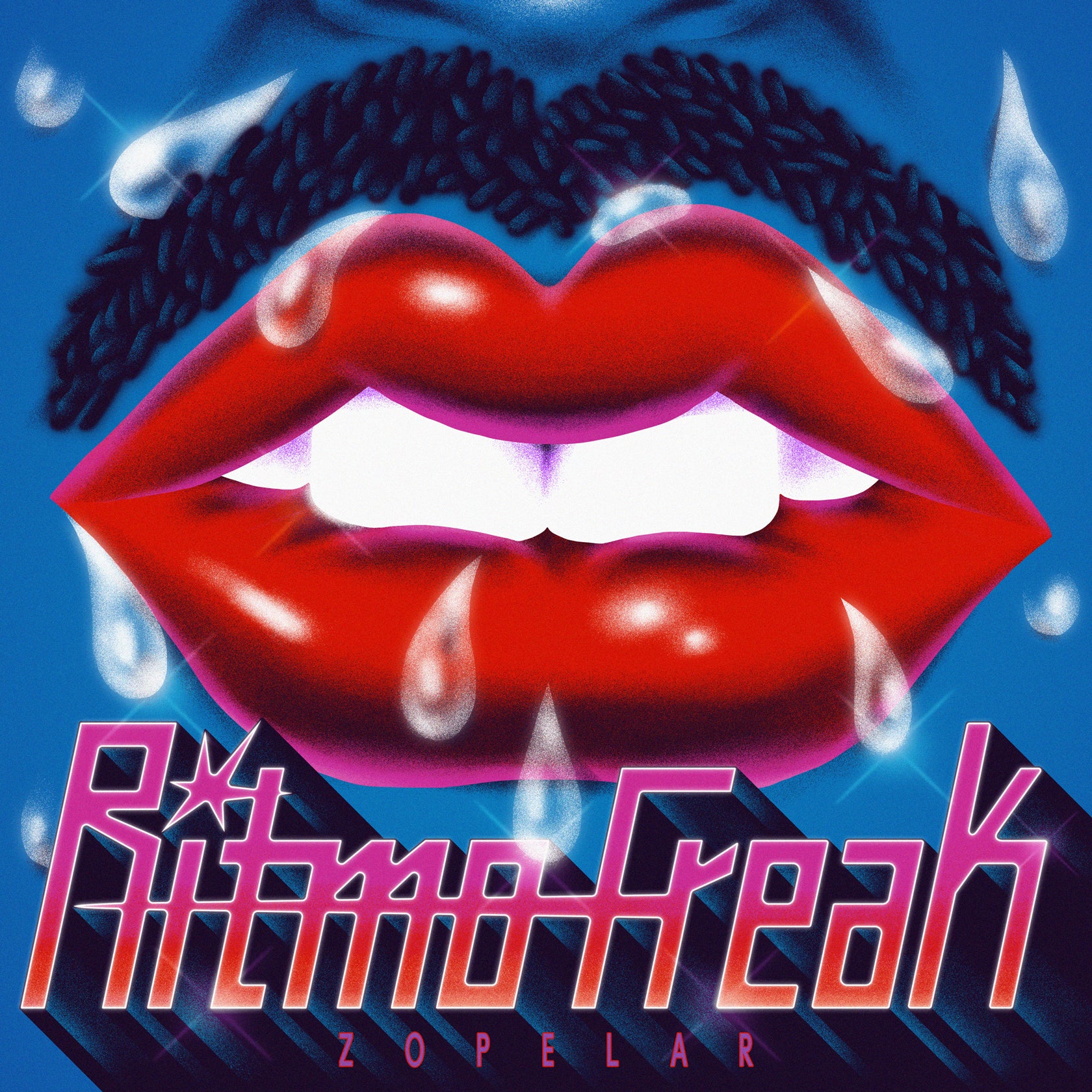
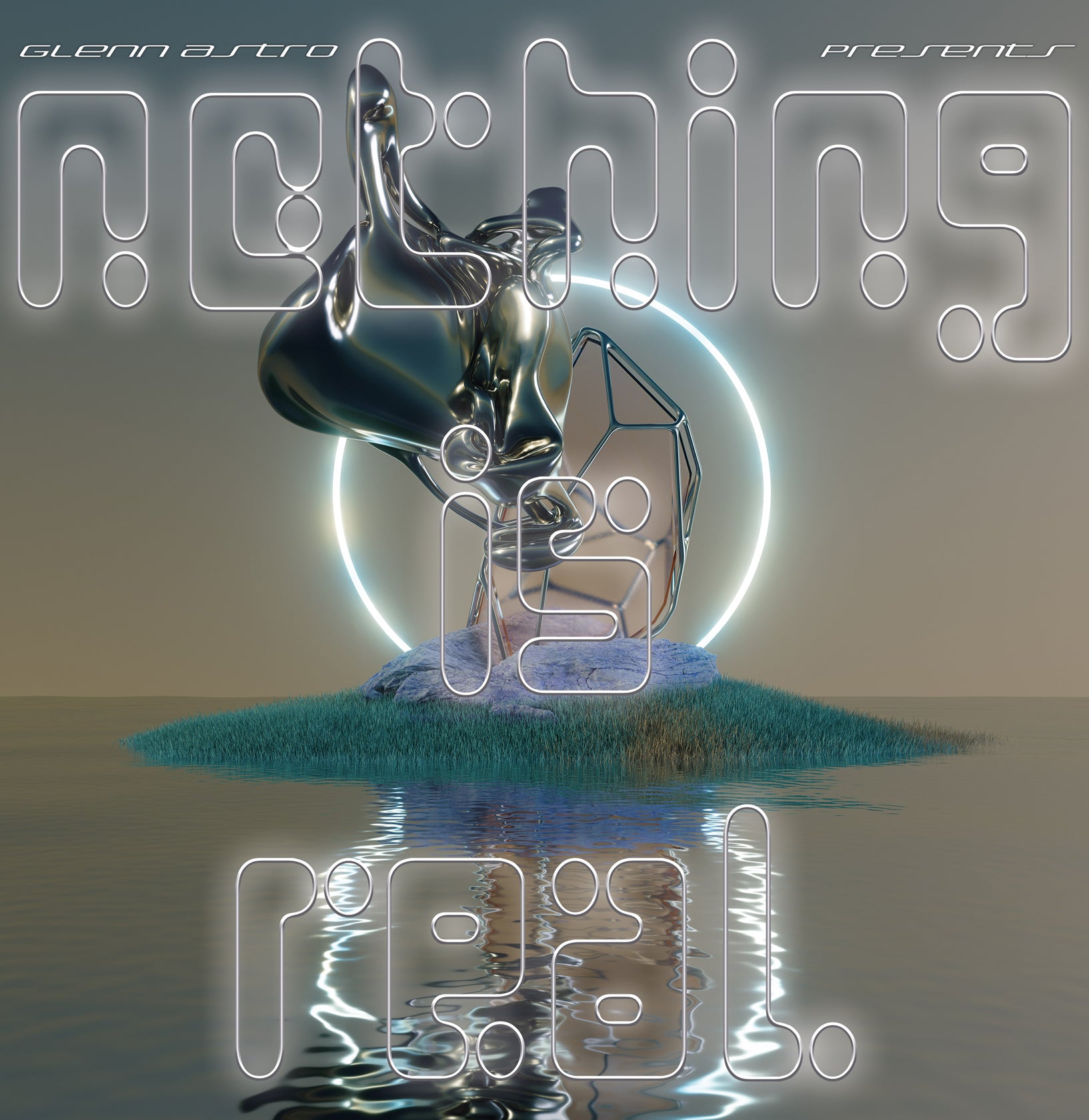
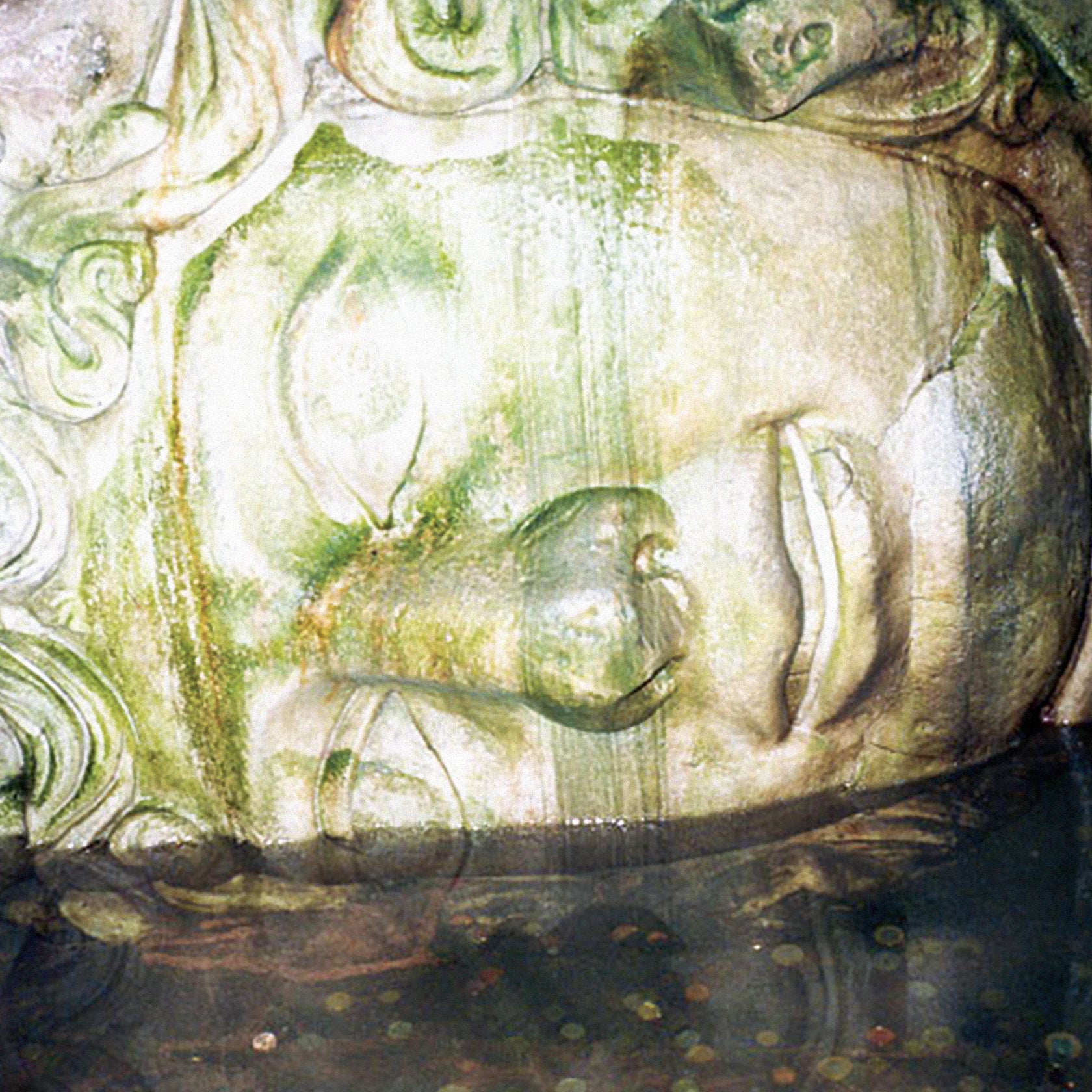
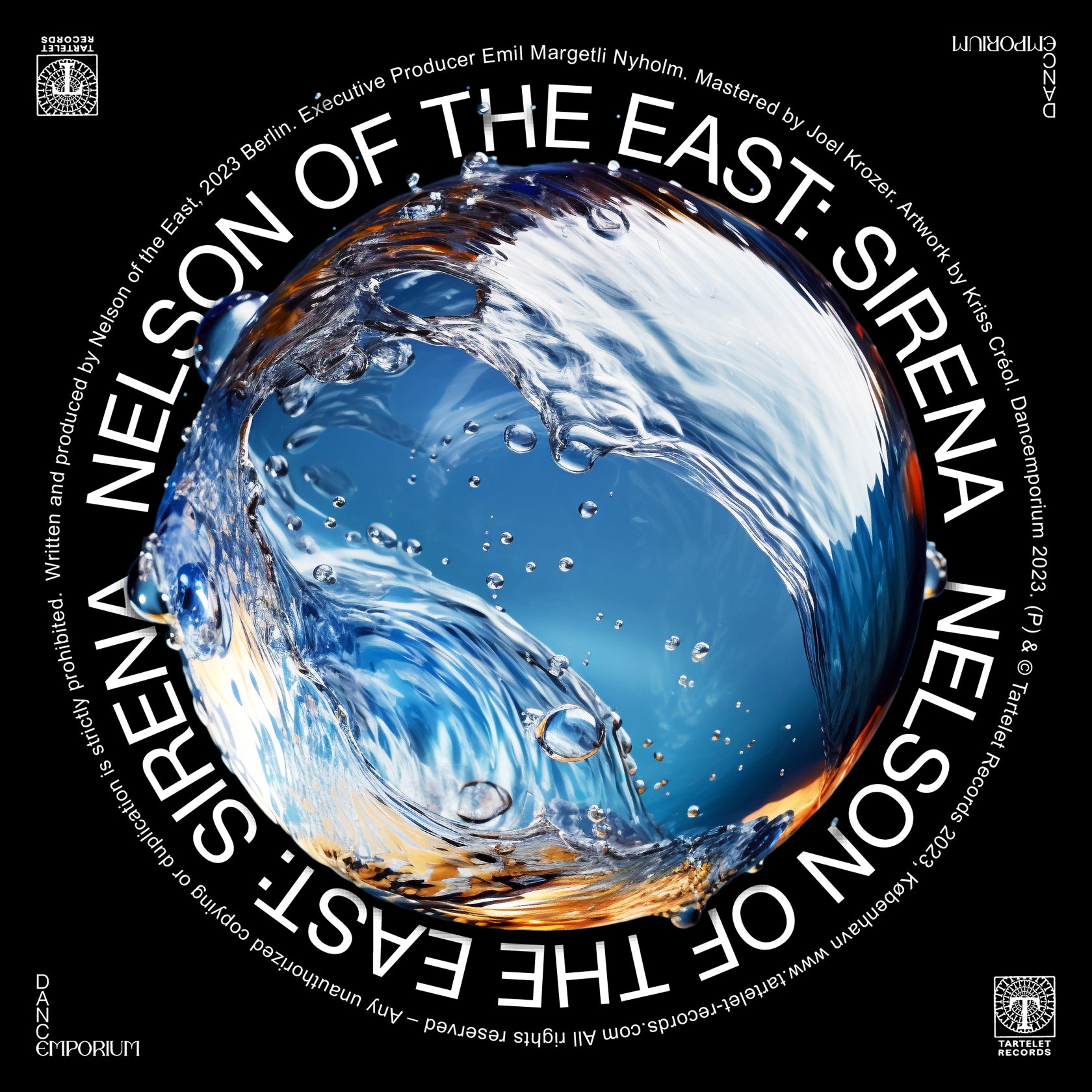
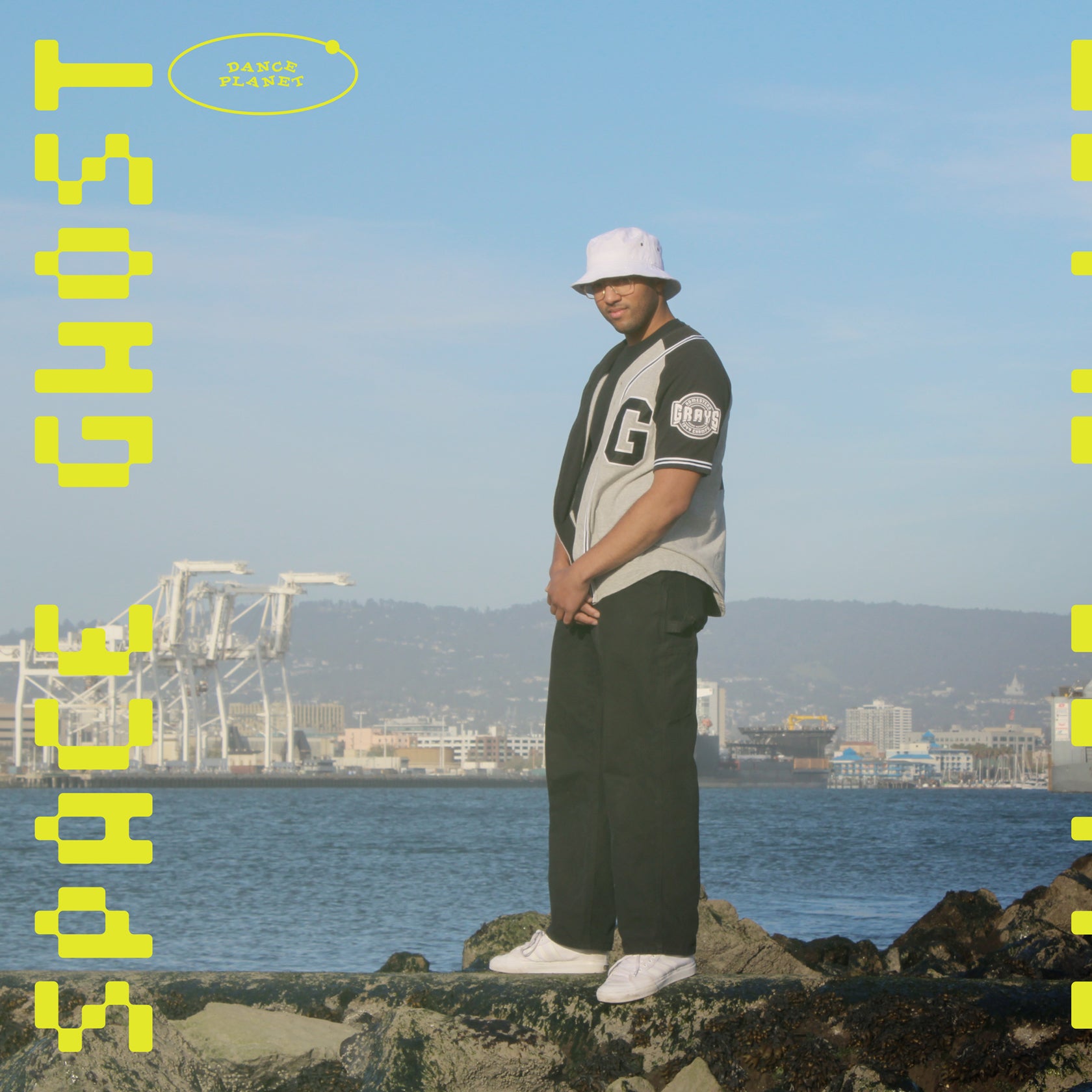

What do you look for when working with artists? And what does a record or track need to have for you to want to release it?
Emil Nyholm: Talent, of course. Equally important is the mentality of the person – they have to be good people, open-minded and willing to cooperate. I don’t like working with artists that have huge egos, it gets old very quickly. Sound is also very important – they have to stand out. I try not to sign artists that are too similar sound-wise, and I prefer working with artists that are very singular and have their own thing going on. Vibe and personality are also super important.
How involved are you with the development of the artists you work with?
Emil Nyholm: Deeply involved. That’s what I enjoy the most. I’m really into the whole process of conceptualizing and shaping albums and artists. I’ve come to realize that this is my forte, not being an artist myself. It took a while to get to that conclusion but now it makes sense.
What has been Tartelet’s biggest hit so far?
Emil Nyholm: We’ve had a few by now. I think the first big one was MHM One’s Bubububadub back in 2008, when minimal was huge. I remember Ricardo Villalobos playing it a lot. Kenton Slash Demon’s Sun was also a big one. And of course Max Graef’s Rivers of the Red Planet – that was a turning point for us both musically but also in terms of recognition. The same goes for Glenn Astro’s Throwback album. In more recent years, Jitwam’s Honeycomb album has had a big influence and is still very popular, it seems. Space Ghost’s Dance Planet has also done very well. It’s funny because you never really know if it’s going to be a ‘hit.’ Sometimes releases you think are going to be big fail, while other less accessible releases do well.
In today’s music industry, do you think there’s still a need for record labels?
Emil Nyholm: I think labels can help artists break through and give them a platform to be discovered.
Do you think that future generations will remember the music you release like we remember the music of Bach, Beethoven, or Mozart?
Emil Nyholm: Good question, I certainly hope so. I like to think that we contribute and I hope that future generations will rediscover our catalog, and be inspired to create something new. That said, I wouldn’t compare what we do with the works of Bach or Beethoven.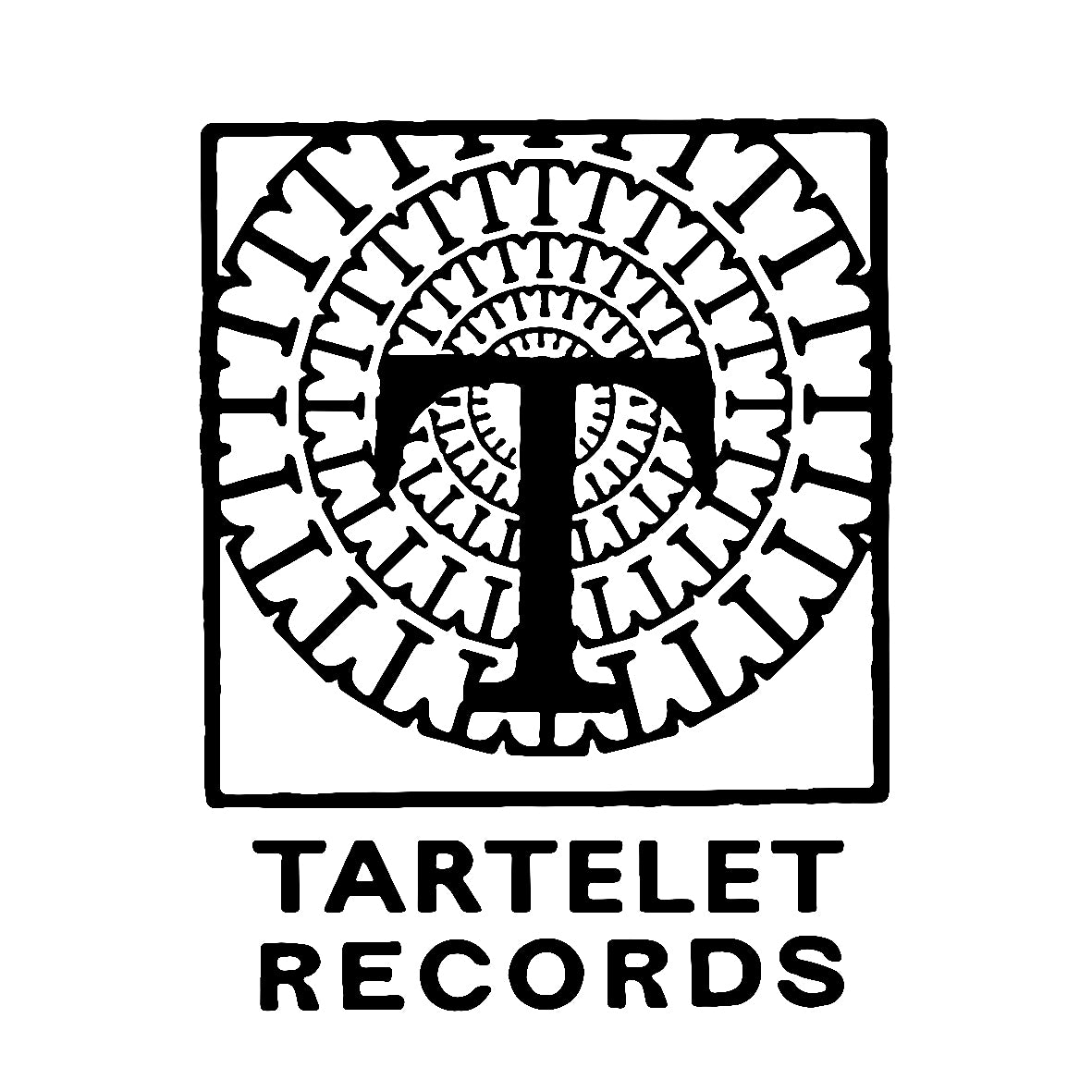
How did you select the tracks for your Carhartt WIP Radio show?
Emil Nyholm: So, first of all, I didn’t have time to record a proper vinyl mix, but this should be regarded more as an hour of Tartelet radio, consisting of upcoming and unreleased bits, mixed in with a few throwback tunes. It has everything from ambient, boogie, stoner shoegaze (shout out to Sans Merit!), hip-hop and digi dub to tech house. It covers a lot of ground in 60 mins, it’s wide ranging and maybe slightly confusing, just like our catalog. You’ll find forthcoming releases by Max Graef, Zopelar, and Nelson of the East, and some unreleased material by Alien DJ. Furthermore, I’ve included a few nuggets by ABUNAI, kissingpractice, Mr Beatnick, Doc Sleep, Glenn Astro, Space Ghost, and Urulu. Please enjoy!
You also made music under the aliases Muff Deep and Dirk 81, as well being a part of projects such as CTEPEO ’57. Can we expect any new music from you soon?
Emil Nyholm: I honestly don’t know. I’ve been sitting on a few things but I’m overly critical of my own work and probably won’t release it. So nothing planned as of now but you never know… CTEPEO´57 could be a thing at some point.
Can you name three upcoming producers that you feel need more attention?
Emil Nyholm: Nelson of the East. I’m probably biased but this guy is crazy talented and is one of the best producers I’ve ever worked with, although he doesn’t get the attention he deserves. ABUNAI is also someone to look out for, he really deserves more recognition. His Chrysalis album is still a go-to for me when it’s time to chill. I truly believe he has crossover potential and I can’t wait to see what’s next for him.
Can you talk us through a day in your life and how music factors into it?
Emil Nyholm: I won’t bore you with the details but it’s the French radio station FIP in the morning, FIP in the evening, and all weekend. During the day I run the label and also work for a sync company, so I listen to music all day, every day.